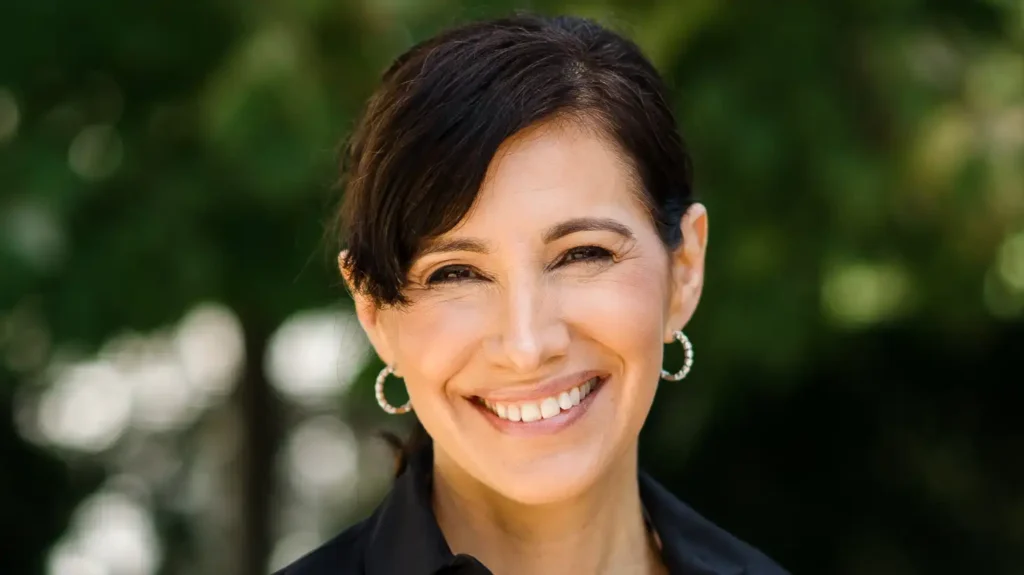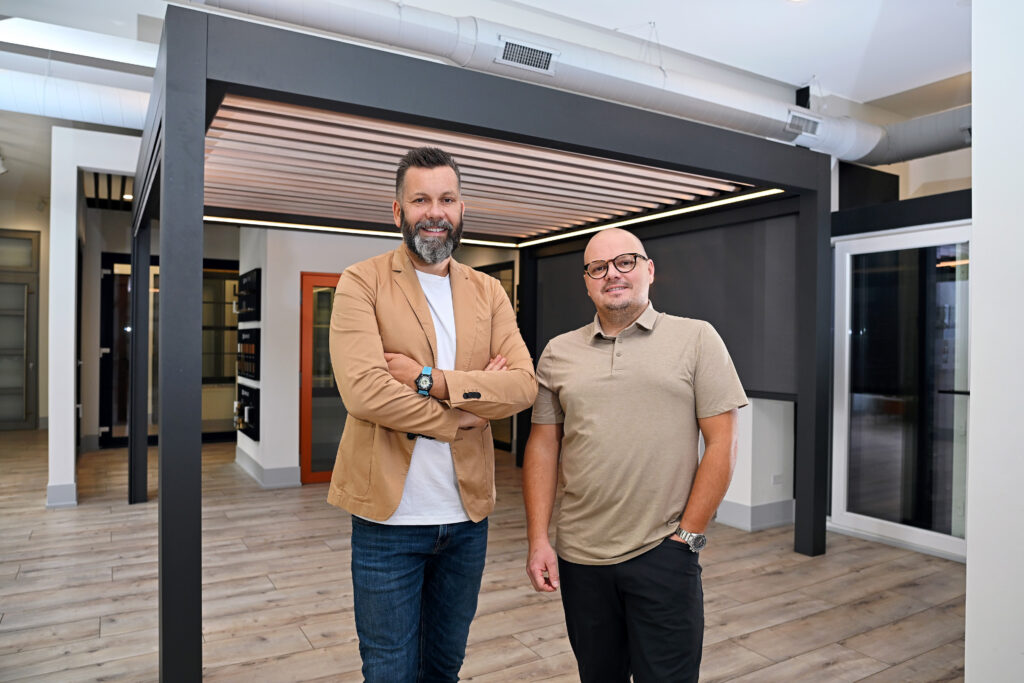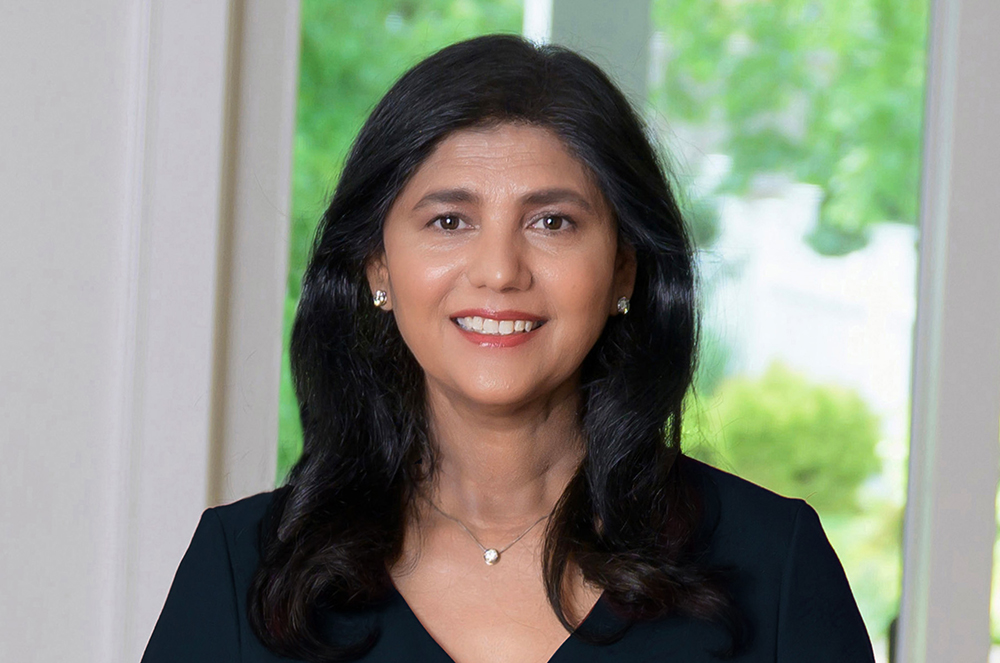
By Maureen Callahan
The second Sunday in May is the day we honor Mom. Hers is the first love we know in this world.
There’s a special group of moms also recognized this month – foster moms. May is National Foster Care Awareness Month. Hinsdale Magazine Group takes its hat off to the foster moms (and dads) who open their hearts – and doors – to the realization that families come in all shapes and sizes.
Foster parents have the power to change a life when it’s most needed. Just ask West suburban resident, Marnie Jamison. For almost three decades, she has cared for foster children – two of whom she eventually adopted – as she raised her now-grown three biological children.
Jamison sees each of the 89 children she has fostered as part of her family. “I always decorate the child’s room before they arrive,” she said. “I put their name on their bedroom wall, so they feel part of the family, and they always have clothes and shoes waiting for them.”
When asked how she became interested in fostering, Jamison relayed that she learned the importance of a mother by not having one. “I didn’t have a mom, so I wanted to be a mom – to everyone!” she laughed. And she’s on track.
Prior decades only allowed foster parents to have six or eight kids over several years. “But they always seemed to give me another one, because they knew I could handle it,” Jamison said with a smile. “The agencies always knew me as the ‘yes’ lady because I have almost never refused a child.”
“My friends are always telling me
I can’t save the world. And I say, ‘why not?”
-Marnie Jamison, foster parent of 89 children
Over the last few years, Jamison has been involved in the therapeutic fostering program. It’s arguably the most challenging tier of the foster care system. These are kids who have been hospitalized, often multiple times.
“I once got a baby boy who was born with addiction,” Jamison remembered. “He couldn’t sleep because his medicine made his stomach cramp. I was up all night, every night, singing to him. I worked with his doctor to get his meds adjusted to get him on the right track.”
The goal of the therapeutic foster program is to prepare the foster child for an adoptive family. The foster parents and child work with a life skills coach, a counselor, a psychiatrist, and a caseworker, to set behavioral goals.
Charts and rewards are used to track and change negative behavior. “Therapeutic foster parents are the cheerleaders and enforcers of these changes,” said Jamison. “We try to help stabilize the child so they can move on to a permanent home.”
While the targeted length of stay for a foster child in a therapeutic home is six to nine months, a longer stay is often needed. And it’s something Jamison takes very seriously. “I always work with the agency to have the child stay longer if they’re not ready,” she said. “Behaviorally, they have to be ready to join a family.”

Jill and Patrick McDonald with their nine-year-old son, Will
When asked if it’s hard to see a child move on, Jamison nodded thoughtfully. In her experience, the breadth of correspondence after a child leaves, varies greatly. Some kids stay in touch, and some just want to move on.
She relayed anecdotes of a few kids she still sees, who are now in their late 20s. “We have had some who still send me Mother’s Day cards and treat my family like their own. Others prefer to forget this component of their lives (foster care). So, I have to understand and accept that too,” she knows.
But as Jamison knows firsthand, that’s often easier said than done. There are a wide range of emotions from getting to know a child, to liking them, and then loving them, all the while preparing the child to leave. “I guess I’m somewhat ‘used to it,’” she feels, “but depending on the child, it still hurts when they leave.”
Sometimes it’s hard on her family – which Jamison describes as the toughest part of this situation. “When one of our foster children moved on a few years back, my 13-year-old – one of the children I adopted – was heartbroken,” she said. “It’s been a while, but she is still very sad about it.”
But on the other hand, Jamison pointed out that when a child leaves, they go on to something good – either to an adoptive family or back to a stable family member who has agreed to raise them.
Still, every step up is a step out. And each child leaves their mark on her family.
Although there are ups and downs to fostering, Jamison gets a lot of satisfaction from it. She’s glad to be a hand to hold onto. “I’m grateful to be able to make a difference in a child’s life who might not have had that chance otherwise,” she said. “To watch a child grow and eventually leave differently than when they arrive is a gift to that child.”
Jamison would eventually like to have a group home – a residence in which a staff of nurses, psychologists and others caregivers oversee a group of seven or eight kids at a time. She sees the power and opportunity to change lives. Jamison says, “we really need good foster parents. If I don’t do it, who will? That’s how I feel.”
Being a foster parent may be challenging, but the rewards are enormous. Lutheran Child and Family Services of Illinois improves the well-being of people across the state by protecting children, strengthening families and building futures for those who have experienced trauma. To learn more, visit LCFS.org.













